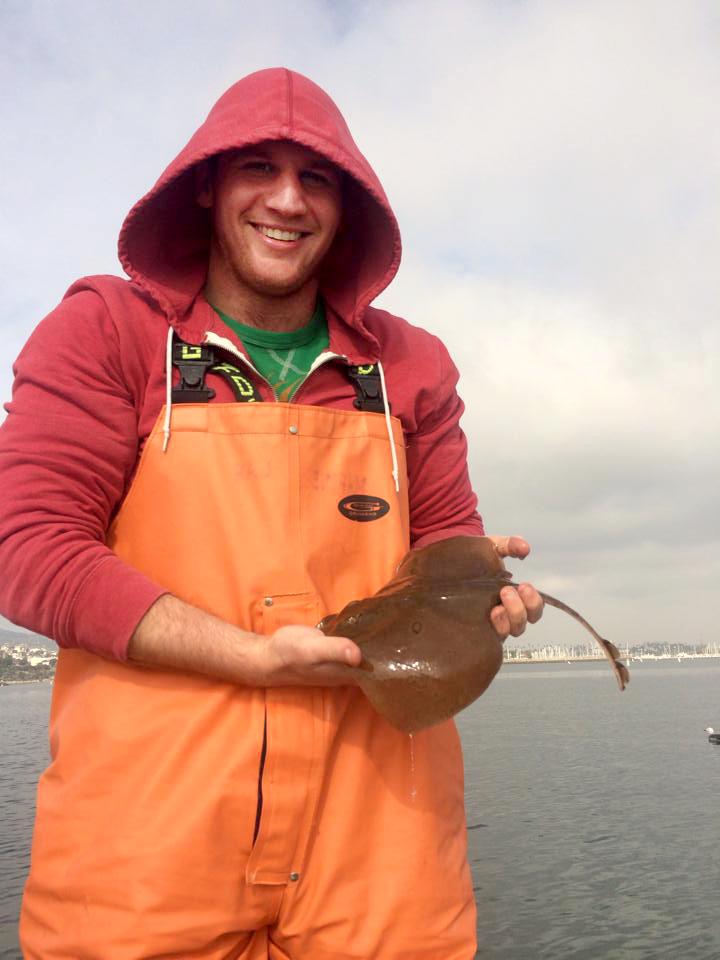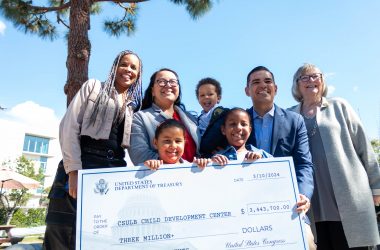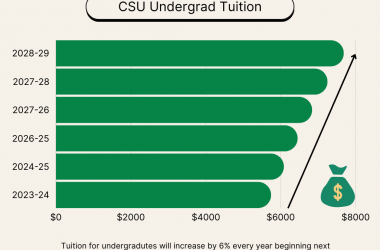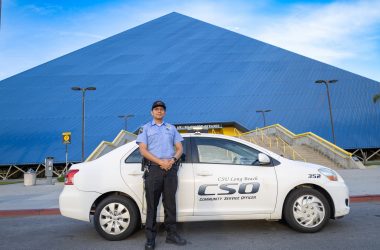Last Sunday Cal State Long Beach graduate student Ryan Freedman moved to Santa Barbara, where he will work with scientists during a 12-month period conducting research in the field of marine biology.
Freedman will conduct his research at the Channel Islands National Marine Sanctuary, where he will investigate different topics, such as the risk of whale and ship collisions around the Channel Islands, he said.
“I’m really excited… it’s an amazing opportunity to come to Channel Islands,” Freedman said.
Freedman’s research is being funded by a $3,450 monthly allowance awarded to him as one of 16 students to be awarded the 2014 California Sea Grant Fellowship, which offers a “unique educational opportunity for graduate students who are interested in marine resources and the policy decisions affecting those resources in California,” according to the CSFG website.
Freedman’s knowledge and skill with marine tracking devices brought forth new information about marine life, said Christopher Lowe, a CSULB marine biology professor who has studied fish migration with Freedman for two years.
In summer 2011, Freedman began studying with Lowe who has been studying the movements of juvenile sharks in Southern California.
“The most impressive thing is that practically every agency wanted Ryan [Freedman],” Lowe said. “[But] he had to choose which one he wanted to go to.”
In his field work, Freedman said he would spend hours out in the ocean trying to drive fish away from their estuary to a new location about eight miles down the Pacific Coast Highway.
Freedman said he and Lowe would place acoustic transmitters on fish and sharks to keep track of whether or not the fish would return to their original habitat.
Lowe said they were the first to use these research methods, which required them to spend “thousands of hours” collecting and inputting new data about marine life. This contribution to marine biology has helped Freedman establish himself as a well-regarded scientist, Lowe said.
Lowe recruited Freedman, who earned a bachelor’s degree in marine science and biology at the University of Miami, because he had extensive experience using Geographical Information Systems, a system designed to capture, manipulate and analyze geographical data.
In the future, Freedman said he hopes to land a job working with a Department of Natural Resources to help him learn important policy-making skills that will help him pursue his dream job.
“Ever since I was little this is what I wanted to do,” Freedman said. “I worked hard for it.”




